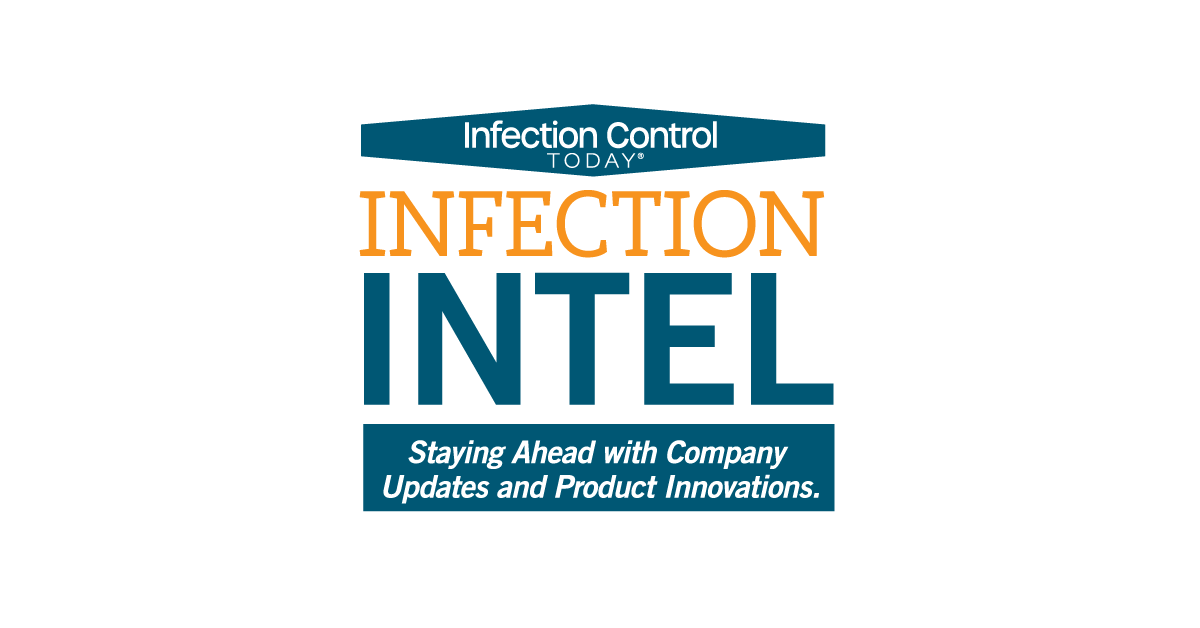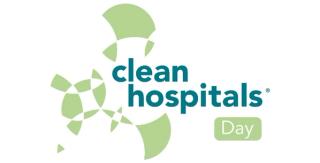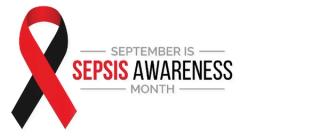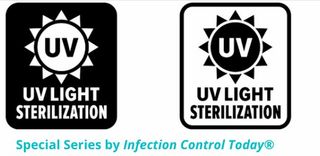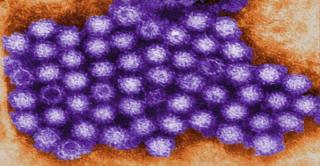
HAIs
Latest News
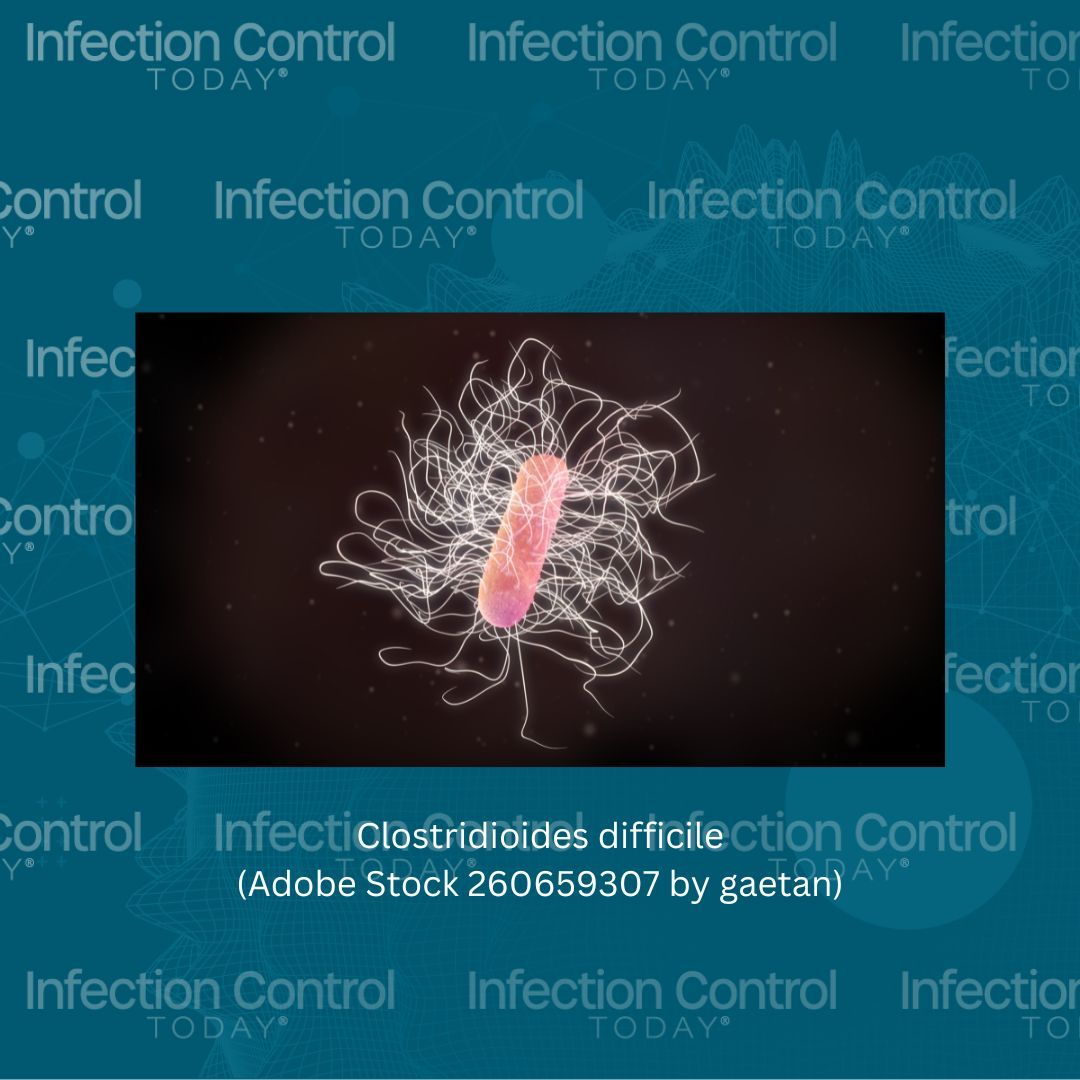
Latest Videos

CME Content
More News

Carole W. Kamangu, MPH, RN, CIC, shares her inspiring journey from the Democratic Republic of Congo to health care leadership in the US today.
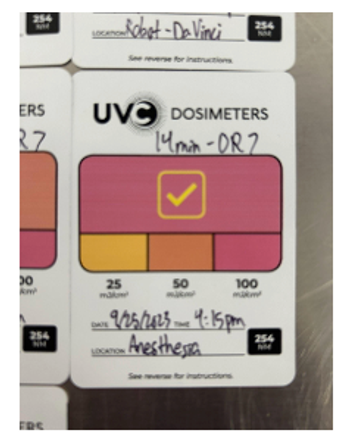
Recent research in the American Journal of Infection Control reveals gaps in routine hospital disinfection, highlighting the need for UV-C audits. Learn how to validate UV-C dosages effectively and conduct successful audits.
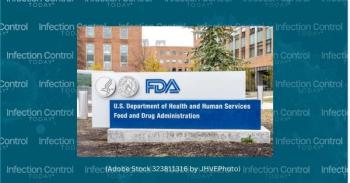
Learn about the FDA's approval of Zevtera (ceftobiprole medocaril sodium) for Staphylococcus aureus infections in adults and pediatric patients, including common side effects and precautions.

Important Recall Notice: AvKARE recalls Atovaquone Oral Suspension due to potential Bacillus cereus contamination. Learn about risks, recommendations, and how to proceed if you have this product.
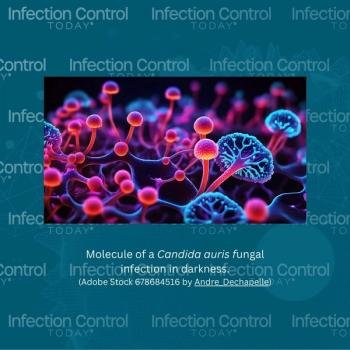
Stay informed on the growing threat of Candida auris with expert insights on its multidrug-resistance, clinical manifestations, and effective prevention strategies for health care settings.
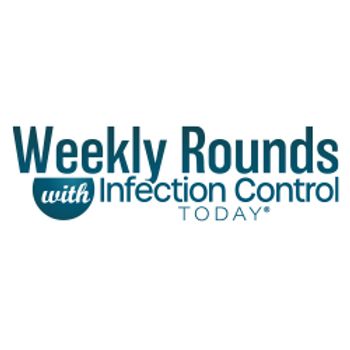
Take 5 minutes to catch up on Infection Control Today®’s highlights for the week ending March 31, 2024.

Addressing the delicate balance between ethics and directives, learn how infection preventionists can approach requests to remove reported health care-associated infections.
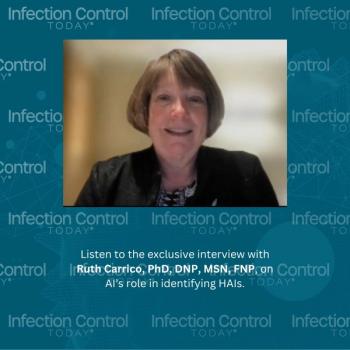
In an exclusive interview, Ruth Carrico, professor at the University of Louisville, and independent infection prevention consultant, discusses her groundbreaking study with Timothy L. Wiemken, PhD, MPH, CIC, on AI's role in identifying health care-associated infections and its implications for the field.
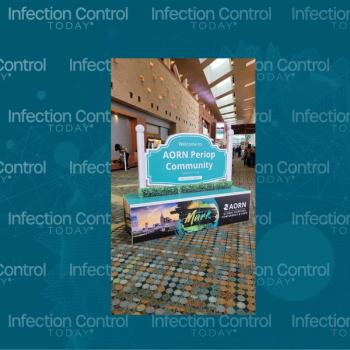
In the dynamic world of infection prevention and control (IPC), Erica Smith knows perioperative nursing and infection prevention. With a passion for supporting surgery centers and independent ASCs, her upcoming presentation dives deep into the common mistakes and challenges faced in IPC practices.
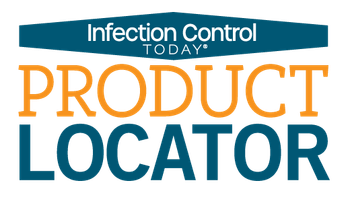
Infection Control Today's® Product Locator is a column that highlights the latest advanced technology in infection prevention.
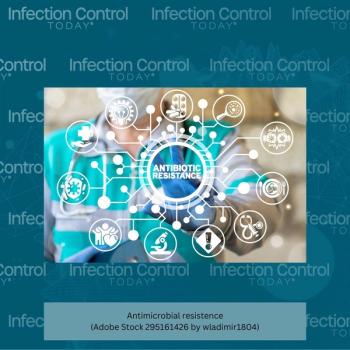
Discover the critical role infection preventionists play in combating multidrug-resistant organisms, from the impact on patient care to the challenges of treatment, and the evolving landscape of antimicrobial resistance with Katharine J Hoffman, MPH, CIC.
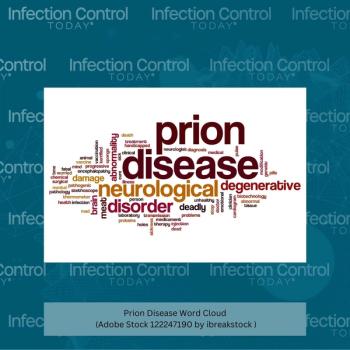
Explore the enigmatic world of prions with insights from Ryan A. Maddox, PhD, from the CDC, as ICT® delves into handling, risks, and precautions for these rare, formidable proteins.
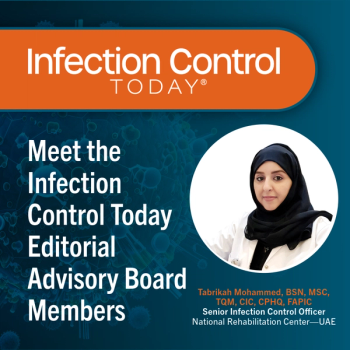
Meet Infection Control Today's Editorial Board Member: Tabrikah Mohammed, MSc, BSN, CIC, CPHQ, FAPIC
Meet the experts shaping infection prevention: Infection Control Today's Editorial Board members share insights, experiences, and cutting-edge strategies to enhance health care safety and quality. Meet Tabrikah Mohammed, MSc, BSN, CIC, CPHQ, FAPIC.
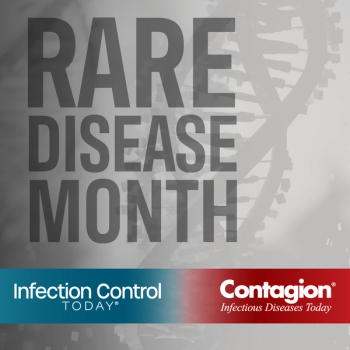
Rare Disease Day on February 29, 2024, shines a global light on the impact of rare diseases, including rare infectious diseases. With a focus on early diagnosis and treatment access, this day highlights the struggles of those with rare conditions.
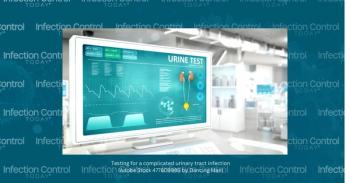
Enmetazobactam (Exblifep; Orchid Pharma) has received FDA approval for treating complicated urinary tract infections (cUTIs), offering a promising solution in the battle against antimicrobial resistance.

Infection Control Today's® Product Locator is a monthly column highlighting some of the latest advanced technology in the infection prevention field.
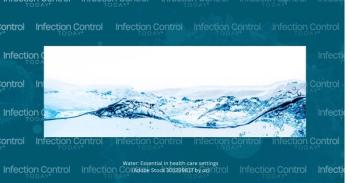
Water, essential in health care, from hygiene to medical procedures. AAMI's ST108 sets new standards, vital for patient safety and equipment integrity.
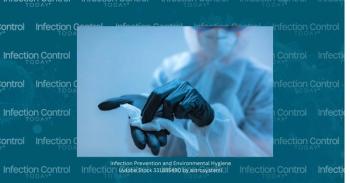
Preventable health care-associated infections (pHAIs) cost US health care facilities up to $123 million per day.
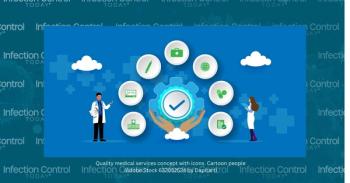
The field of health care has placed a great emphasis on infection prevention in recent years, making it imperative for professionals in this domain to obtain certifications and additional training. These credentials verify their expertise and enable them to gain access to better job prospects and higher earning potential.
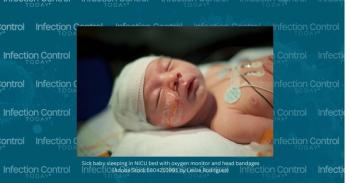
The journey of pregnancy begins long before conception, with a woman's lifestyle choices profoundly influencing her future child's health. From diet to infection prevention, proactive measures are crucial.

Eric D. Donnenfeld, MD, discusses 3 uncommon yet highly infectious eye diseases, emphasizing the importance of timely treatment and preventative measures.

Health care workers must stay vigilant against rare pathogens. Saskia v. Popescu, PhD, MPH, MA, FAPIC, an expert in infection prevention, emphasizes the importance of robust measures and preparedness.
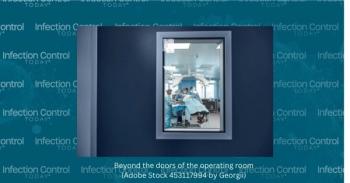
A new study examines how monitoring and reducing operating room traffic can significantly lower the risk of surgical site infections, enhancing patient safety and infection prevention protocols.
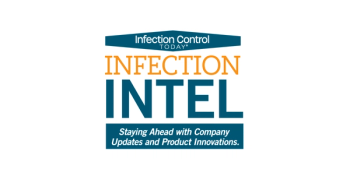
Learn about FendX Technologies' breakthrough nanotechnology, including REPELWRAP film and a spray formulation, designed to prevent the spread of infectious diseases on various surfaces.

Take 5 minutes to catch up on Infection Control Today®’s highlights for the week ending February 4, 2024.



